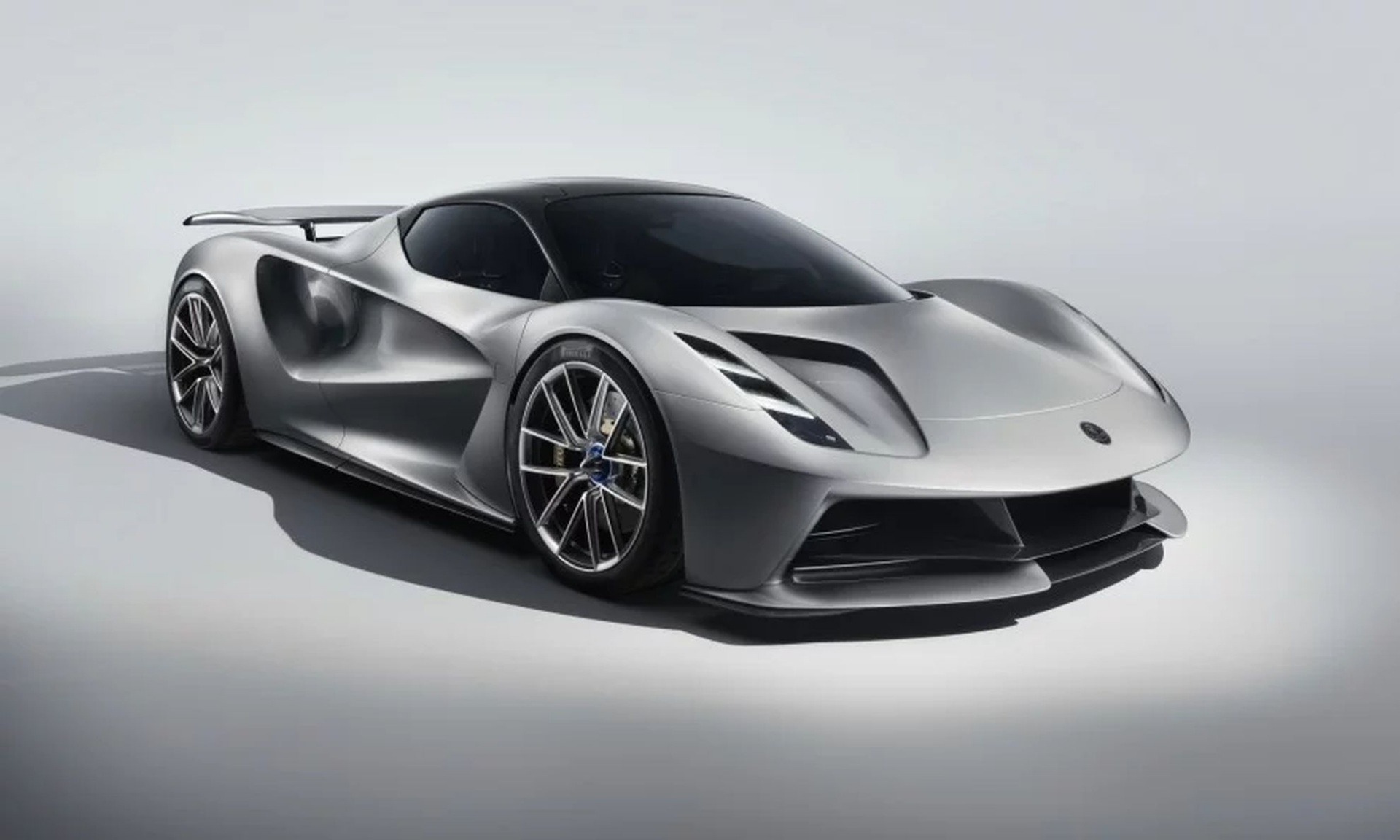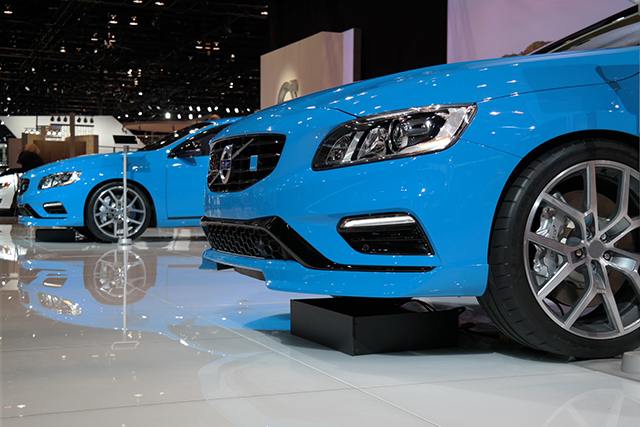Search the Community
Showing results for tags 'lotus'.
-
Lotus, aiming to rejoin the ranks of the supercars again is introducing a new limited production halo vehicle. The Evija will be a fully electric hypercar costing $2.11 million each with only 130 copies made. The car is said to be capable of 1,973 horsepower from four electric motors and have a range of up to 250 miles. Electric vehicles aren't known for being lightweight with their heavy battery packs, so Lotus is offsetting the 70 kWh battery's weight with a fully carbon fiber monoque chassis. Lotus is confident that the car will reach the 3,704 lb. target weight. The 0-62mph time is said to be less than three seconds with a top speed of more than 200 mph. The car can run at full power for 7 minutes on a track before the battery derates the power output. With 350 kw chargers the Evija can be recharged from 0 to 100 percent in 18 minutes, however the battery is compatible with future 800 kw charger as they become available. The design of the Evija is meant to evoke a LeMans racer, and it includes two venturi tunnels to reduce air pressure and reduce drag. The rear of the tunnels are fitted with a ring of red ribbon LEDs to look like the afterburners of a jet. The interior is quite minimalist with a rectangular steering wheel and a single pod of honeycomb shaped buttons up the center stack. It lacks the traditional center screen and instead uses the driver information screen for all feedback. Chinese auto manufacturer Geely bought Lotus in 2017 and the Evija is the first model launched since the purchase. Lotus plans to build more models suited for the Chinese market, including an SUV.
- 12 comments
-
- electric vehicle
- ev
-
(and 2 more)
Tagged with:
-
Lotus, aiming to rejoin the ranks of the supercars again is introducing a new limited production halo vehicle. The Evija will be a fully electric hypercar costing $2.11 million each with only 130 copies made. The car is said to be capable of 1,973 horsepower from four electric motors and have a range of up to 250 miles. Electric vehicles aren't known for being lightweight with their heavy battery packs, so Lotus is offsetting the 70 kWh battery's weight with a fully carbon fiber monoque chassis. Lotus is confident that the car will reach the 3,704 lb. target weight. The 0-62mph time is said to be less than three seconds with a top speed of more than 200 mph. The car can run at full power for 7 minutes on a track before the battery derates the power output. With 350 kw chargers the Evija can be recharged from 0 to 100 percent in 18 minutes, however the battery is compatible with future 800 kw charger as they become available. The design of the Evija is meant to evoke a LeMans racer, and it includes two venturi tunnels to reduce air pressure and reduce drag. The rear of the tunnels are fitted with a ring of red ribbon LEDs to look like the afterburners of a jet. The interior is quite minimalist with a rectangular steering wheel and a single pod of honeycomb shaped buttons up the center stack. It lacks the traditional center screen and instead uses the driver information screen for all feedback. Chinese auto manufacturer Geely bought Lotus in 2017 and the Evija is the first model launched since the purchase. Lotus plans to build more models suited for the Chinese market, including an SUV. View full article
- 12 replies
-
- electric vehicle
- ev
-
(and 2 more)
Tagged with:
-
Last week, Chinese automaker and owner of Volvo, Geely announced that it would be acquiring just under 50 percent of shares into Malaysian automaker Proton and a majority stake in Lotus. For those who don't know, Proton is the current owner of Lotus since 1996. Final terms of this are still being worked on and are expected to be announced towards the end of July, but that isn't stopping many from wondering what Lotus could bring to the table. Lotus has a well-known reputation for building sharp handling vehicles along with providing engineering expertise to various automakers on fine-tuning suspensions. Examples include the Lotus Carlton (during GM's ownership), Isuzu Impulse, and Aston Martin DB9. Could they help out Volvo with their suspensions? "Why not," said Roger Wallgren, principal engineer of vehicle dynamics for the new XC60 to Australian outlet Drive. "I don't see any problem using their knowledge. I think it is pretty applicable all over the board. You need to have a dialogue - you can exchange knowledge back and forth." Wallgren was quick to clarify that no specific plans have been laid out between Volvo and Lotus at the moment. But the idea is out there and pairing Lotus up with Volvo's performance arm, Polestar could mean some interesting products could roll out. Source: Drive View full article
-
Last week, Chinese automaker and owner of Volvo, Geely announced that it would be acquiring just under 50 percent of shares into Malaysian automaker Proton and a majority stake in Lotus. For those who don't know, Proton is the current owner of Lotus since 1996. Final terms of this are still being worked on and are expected to be announced towards the end of July, but that isn't stopping many from wondering what Lotus could bring to the table. Lotus has a well-known reputation for building sharp handling vehicles along with providing engineering expertise to various automakers on fine-tuning suspensions. Examples include the Lotus Carlton (during GM's ownership), Isuzu Impulse, and Aston Martin DB9. Could they help out Volvo with their suspensions? "Why not," said Roger Wallgren, principal engineer of vehicle dynamics for the new XC60 to Australian outlet Drive. "I don't see any problem using their knowledge. I think it is pretty applicable all over the board. You need to have a dialogue - you can exchange knowledge back and forth." Wallgren was quick to clarify that no specific plans have been laid out between Volvo and Lotus at the moment. But the idea is out there and pairing Lotus up with Volvo's performance arm, Polestar could mean some interesting products could roll out. Source: Drive




